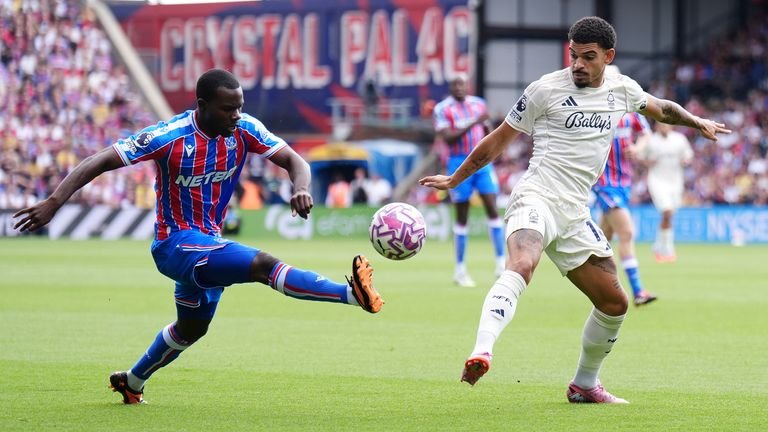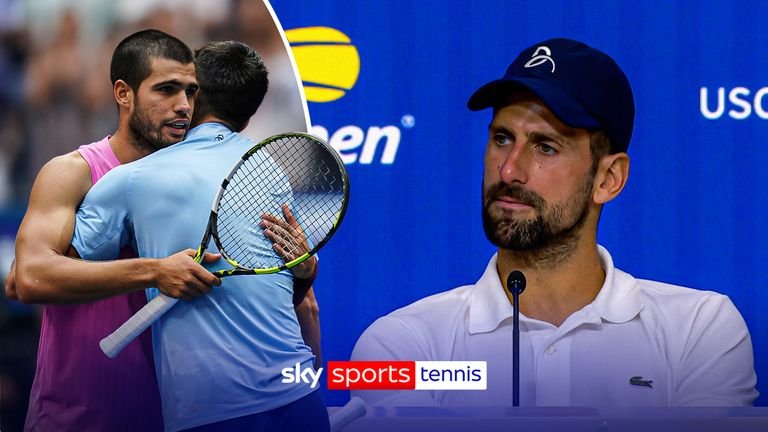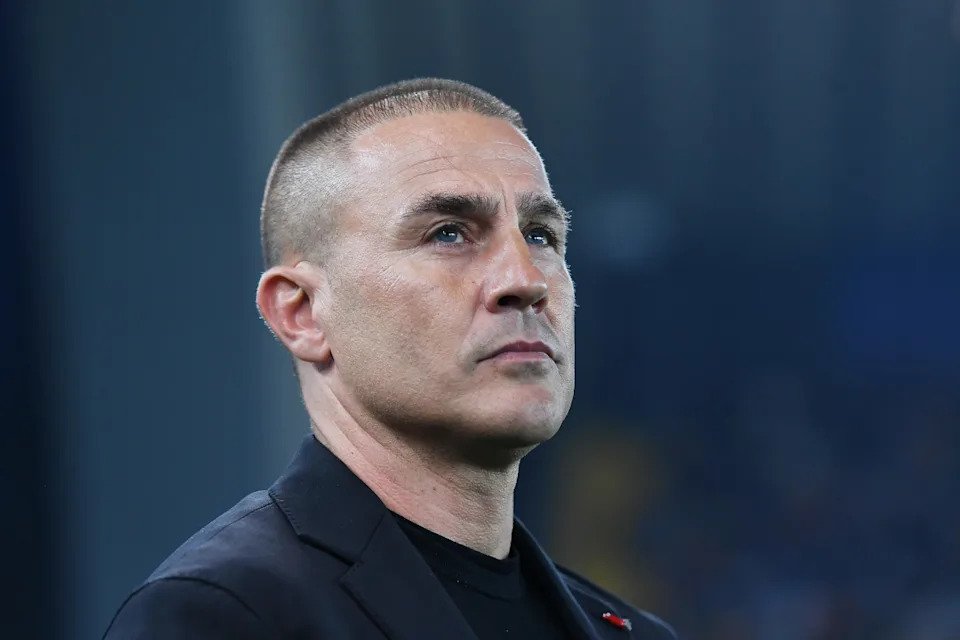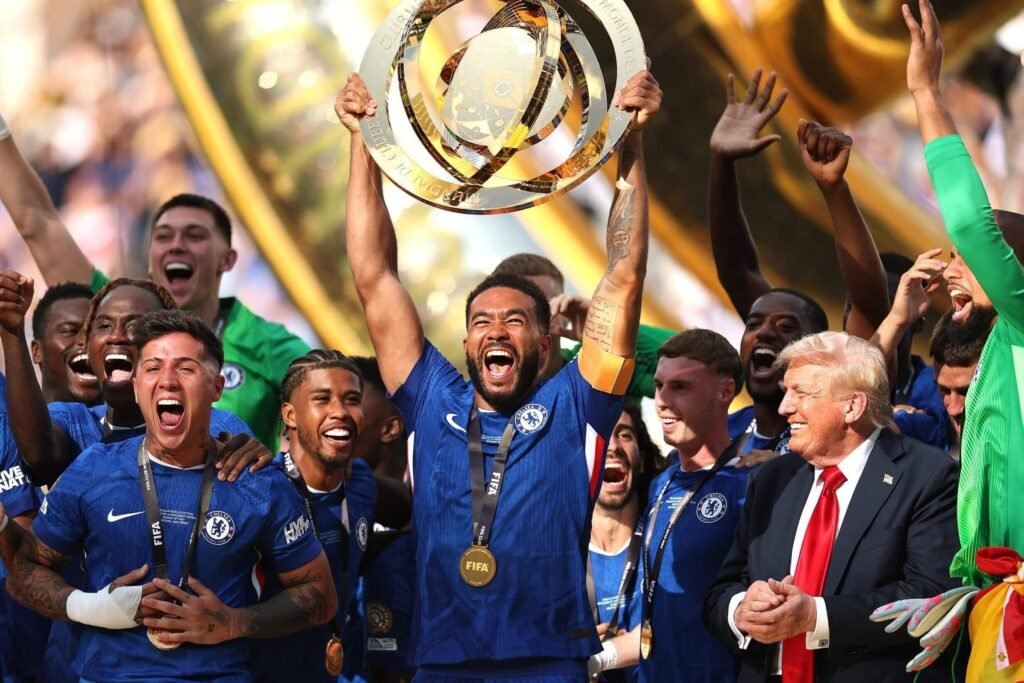Premier League Chief Hints at Change for 3 PM Blackout Rule
In a significant development for football fans, Premier League Chief Executive Richard Masters has suggested that the league may reconsider its long-standing 3 PM blackout rule. This regulation, which currently restricts the live broadcasting of matches in England and Wales during Saturday afternoons, has been in place for decades. As discussions unfold, stakeholders are keenly observing how this could alter the viewing landscape for millions of football enthusiasts.
Understanding the 3 PM Blackout Rule
The 3 PM blackout rule has been a staple of English football since its introduction in the 1960s. Originally aimed at boosting attendance at local matches, the policy has fostered a distinctive football culture in the UK. By prohibiting live broadcasts during peak Saturday afternoon hours, the rule has encouraged fans to flock to stadiums rather than watch games from home.
However, the rise of digital streaming services and the evolving preferences of modern consumers have led many to question the rule’s relevance. According to a report by the Football Supporters’ Association, there is a growing sentiment among fans that the current restrictions limit their ability to engage with their favorite teams. This shift in consumer behavior has prompted the Premier League and the Football Association (FA) to reassess the implications of the blackout rule.
The Impact of Changing Consumer Behavior
As audiences increasingly turn to digital platforms for content consumption, the demand for flexible viewing options has surged. A report from Deloitte indicates that Premier League clubs generated £1.5 billion in broadcasting revenue during the 2021-2022 season. This staggering figure underscores how critical broadcasting rights have become for clubs’ financial health.
“We have to be mindful of the needs of the fans and the changing landscape of broadcasting,” Masters stated. He emphasized that the way people consume football is evolving, highlighting the need for the Premier League to adapt to these changes. The league faces the challenge of preserving its traditional values while accommodating the modern viewer’s expectations.
The Complexities of Broadcasting Rights
Broadcasting rights for the Premier League represent a multi-billion-pound industry, with various media outlets vying for exclusive content. Currently, broadcasters such as Sky Sports, BT Sport, and Amazon Prime have rights to different segments of the league, creating a competitive landscape. The existence of the blackout rule complicates these negotiations, as broadcasters often seek full access to attract viewers.
The Premier League’s current broadcasting deal runs until the end of the 2024 season, and any modifications to the 3 PM rule could reshape future negotiations. Industry insiders note that the outcome could significantly influence the financial landscape of English football in the coming years.
Fan Opinions and Reactions
The potential reevaluation of the 3 PM blackout rule has ignited diverse reactions among football supporters. Advocates for removing the restriction argue that it would enhance accessibility, allowing more fans to engage with matches they cannot attend in person. Conversely, skeptics express concern that relaxing the rule could lead to diminished attendance at live games, fundamentally altering the football experience.
Kevin Miles, the chief executive of the Football Supporters’ Association, echoed these sentiments, stating, “We need to ensure that any decisions made reflect the desires of fans and do not inadvertently harm the experience of attending live matches.” This statement underscores the importance of aligning the Premier League’s decisions with fan interests, an aspect that will require careful consideration.
Comparative Analysis: Other Leagues
The 3 PM blackout rule is unique to the UK, with other leagues adopting differing approaches that cater to audience preferences. For instance, Major League Soccer (MLS) in the United States broadcasts matches without similar restrictions, allowing fans to watch games at any time. This model has contributed to the growth of soccer’s popularity in the U.S., illustrating a potential alternative for the Premier League.
In Spain, La Liga has also made adjustments to its broadcasting policies, enabling more flexible viewing options that resonate with a global audience. The success of these leagues in expanding their reach and viewer engagement raises questions about the effectiveness of the UK’s traditional methods.
Future Considerations
As the Premier League navigates the broadcasting landscape, any changes to the 3 PM blackout rule will likely involve extensive discussions with clubs, broadcasters, and fan organizations. The goal will be to strike a balance that preserves the essence of live attendance while catering to changing viewing habits.
Masters’ hints at potential changes signal that the conversation is just beginning. With the next broadcasting deal on the horizon, the Premier League faces an opportunity to reshape its policies in a manner that reflects modern realities while maintaining the integrity of the game.
The Broader Implications of Policy Changes
The discussion surrounding the 3 PM blackout rule is not merely about broadcasting; it represents a broader conversation about the future of football in the digital age. As more fans engage with matches through streaming platforms, leagues globally will need to adapt their policies to remain relevant. Changes to the blackout rule may set a precedent for how football is consumed and experienced in the UK and beyond.
Moreover, the financial implications of any policy shift could be significant. If the blackout rule were lifted, it could open up new revenue streams for clubs and broadcasters alike. Enhanced accessibility could lead to higher viewership numbers, which in turn, could attract new sponsorship deals and advertising opportunities.
FAQ
What is the 3 PM blackout rule in the Premier League?
The 3 PM blackout rule prohibits live broadcasting of football matches in England and Wales during the Saturday afternoon time slot, aimed at encouraging attendance at local matches.
Why is the blackout rule being reconsidered?
The rule is under review due to changing consumer habits, increased demand for flexible viewing options, and the financial implications of broadcasting rights in the modern digital landscape.
What impact could changes to the blackout rule have on fans?
Changes to the rule could make games more accessible for fans who cannot attend matches in person but may also impact live match attendance at stadiums.
How does the 3 PM blackout rule compare to other leagues?
Unlike the Premier League, leagues such as MLS and La Liga do not have a similar blackout rule, allowing for broader broadcasting of matches and potentially increasing their global audience reach.
Editor in Chief
John M. Anderson
John has over 15 years of experience in American media, previously working with The Washington Post and Politico. He specializes in U.S. politics and policy analysis, ensuring every piece published by Berawang News meets the highest standards of accuracy and fairness.








